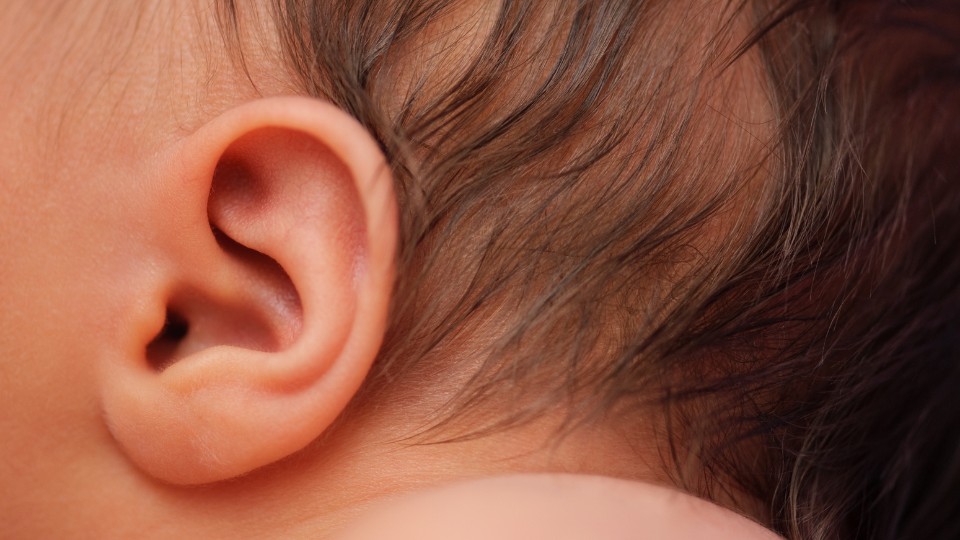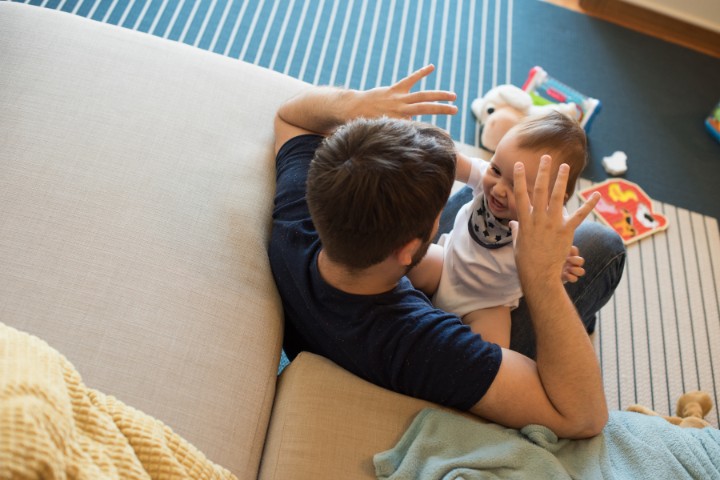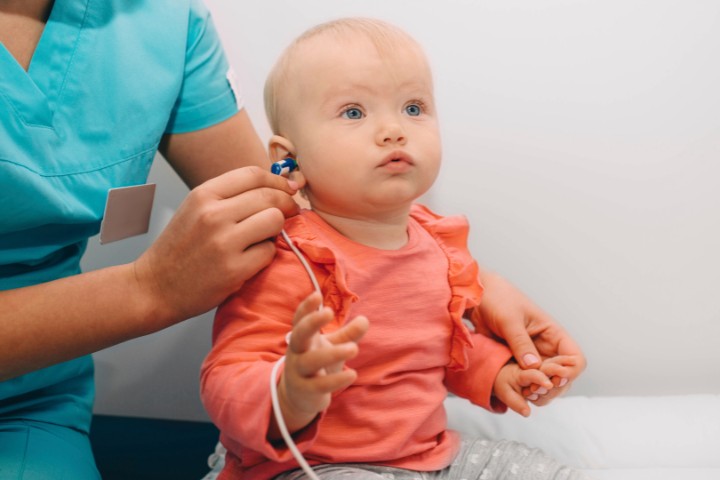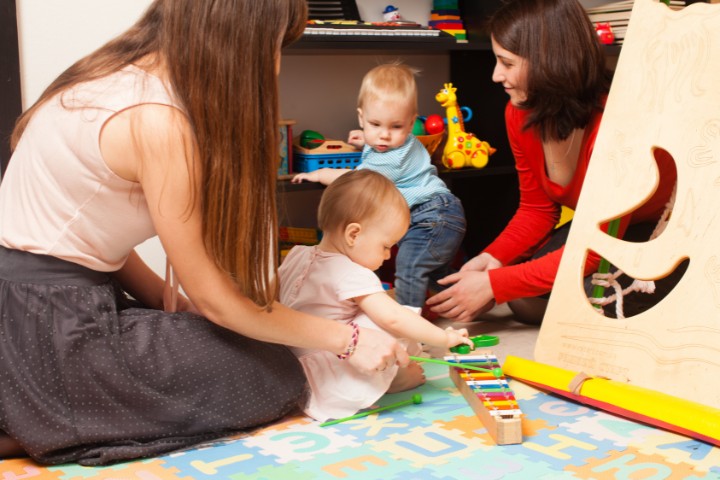
Are you concerned about your newborn’s hearing? Detecting hearing issues early can play a crucial role in a child’s language development and overall well-being. This article, crafted with expert insights from audiologists in Dallas and Plano, Texas, will guide you through the important milestones in your newborn’s hearing development and how to effectively monitor them.
Early Hearing Development and Its Importance

Hearing development begins right from birth and is critical for a child’s language acquisition and communication skills. Babies learn to speak by mimicking the sounds they hear, so any disruption in their ability to hear can directly impact their speech and social skills development. Understanding and monitoring your newborn’s hearing milestones can help ensure they have the best start in life.
Key Hearing Milestones for Newborns

From birth to their first birthday, your child will hit various hearing milestones that signal healthy auditory development:
- Birth to 3 Months: A newborn should startle or jump at sudden loud noises and might calm down at the sound of a familiar voice.
- 3 to 6 Months: Infants should begin to turn their heads toward sounds and start babbling, experimenting with making noise.
- 6 to 9 Months: Babies start to string sounds together, respond to their names, and understand basic requests like “no” or “bye-bye.”
- 9 to 12 Months: You can expect your child to mimic sounds, use their voice to get attention, and begin using simple words like “mama” and “dada.”
Comprehensive Strategies to Monitor Your Child’s Hearing

Monitoring your baby’s hearing involves more than watching for developmental milestones. Here’s how you can actively engage in protecting and enhancing your child’s hearing health:
- Routine Hearing Checks: Ensure your child has regular hearing screenings, as recommended by healthcare providers. Early detection of potential issues is key to effective treatment.
- Daily Observations: Pay attention to how your baby responds to everyday sounds such as doorbells, music, or spoken words. Are they reacting consistently and appropriately?
- Interactive Play: Engage your baby in play that stimulates their auditory responses, such as using musical toys, singing songs, or playing ‘call and response’ games.
Recognizing Signs of Hearing Issues

It’s vital for parents to know the signs that might indicate a hearing problem:
- Lack of Response to Sounds: If your baby doesn’t react to loud sounds or doesn’t turn towards the source of a sound by 3 to 4 months of age, it might be a sign of hearing loss.
- Delayed Speech Development: Delays in babbling or lack of speech progression can also indicate hearing issues.
- Changes in Behavior: A sudden change in responsiveness to auditory cues or increased agitation can signal hearing problems.
The Role of Professional Audiologists in Managing Hearing Health

Audiologists specialize in evaluating and managing hearing health. They play a crucial role in diagnosing hearing issues and in providing ongoing support and therapy to ensure your child’s hearing capabilities are maximized. They can guide interventions such as hearing aids or other assistive devices and recommend strategies to help your child cope with hearing loss.
Creating a Supportive Home Environment

Parents play a crucial role in their child’s auditory health by creating a supportive environment that encourages sound exploration and listening. This includes:
- Minimizing Noise Pollution: Keep your home environment free from unnecessary loud noises that could hinder auditory development.
- Using Age-Appropriate Toys: Choose toys that produce sounds or music as part of interactive play to encourage your child’s auditory skills.
- Regular Communication: Talk, sing, and interact with your child frequently to stimulate their hearing and speech development.
Monitoring your newborn’s hearing milestones is a proactive approach to ensuring they develop strong language and communication skills. By understanding these milestones, engaging with your child through sounhearingd-rich activities, and keeping track of their progress, you can help facilitate their healthy auditory development.
If you suspect your child may have hearing issues or if you simply want to ensure their hearing is on track, consulting with a professional audiologist can provide you with peace of mind and a clear path forward. For families in Dallas and Plano, expert audiologist services are available to guide you at every step of your child’s hearing health journey. Visit Pediatric Associates of Dallas for more information and to schedule an appointment with a specialist who can help tailor a plan suited to your child’s needs.
